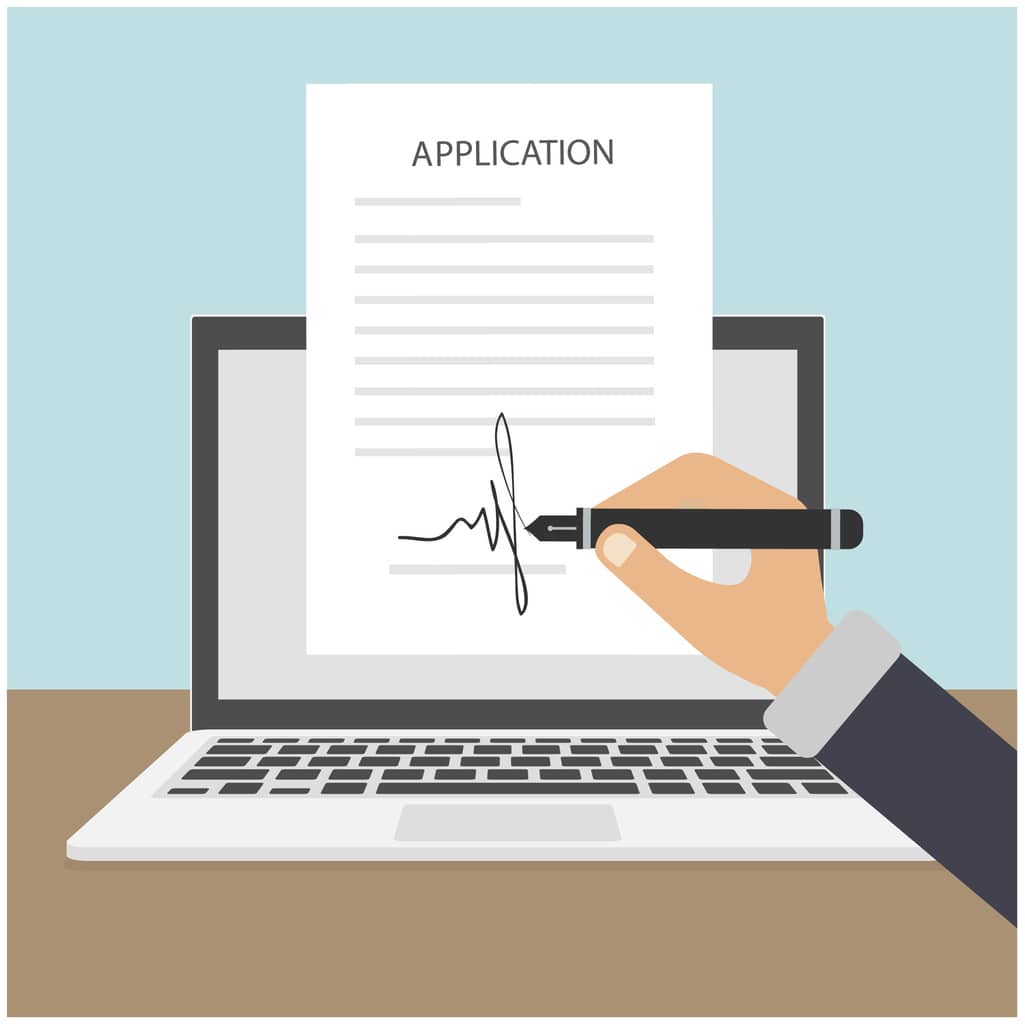Many legal processes commonly include the addition of signatures. From completing contracts to witnessing agreements, wet ink signatures were, for a long time, the go-to option for the legal sector. However, today signing important documents electronically is becoming increasingly popular for lawyers. More convenient and secure than traditional solutions and easier to add, electronic signatures can streamline legal processes helping lawyer conclude their business in a timely fashion. This can help them keep on top of their current workload while satisfying the clients they serve. Read on to find out more.
A history of electronic signatures in the UK
The first legislation to regulate electronic signature use was Directive 1999/93/EC. This rule recognised these cutting-edge solutions as a legally valid way to sign documents and stated that they were admissible in court as electronic evidence. However, many problems arose related to the way each EU state differed in its interpretation of the directive. This issue went against the aim of electronic signing, which was intended to hasten legal processes, but started to have the opposite effect.
As a result, the directive soon became obsolete, and a new regulation was issued. Regulation 910/2014 came into effect on July 1, 2016, also known as eIDAS, defined electronic signatures as being: “Data in electronic form which is attached to or logically associated with other data in electronic form and used by the signatory to sign”.
Why do lawyers use electronic signatures?
During the COVID-19 pandemic, legal professionals around the world were quickly required to widen the scope of capabilities for remote work. However, many of the benefits of using electronic signatures have proved to be evergreen in the modern legal workspace of today.
When employed correctly and in the correct circumstances, electronic document signing can deliver four major benefits for lawyers.
Electronic signatures are more convenient. The coordination of hand-written signatures required for legally binding agreements and documents can involve complicated back-and-forth activity. Electronic document signing streamlines this process, reducing the risk of human error, and mitigating the need for in-person meetings and using physical documents.
Electronic signatures also speed up legal work. Meeting clients for a simple signature can eat up valuable hours in the working day, but using an electronic alternative can save time for all parties involved. As the process is completed online, it also means that documents can be completed at any time or place, even when signatories are overseas.
More secure than wet-ink signatures, electronic signature solutions can quickly validate the identity of signatories and ensure that no unauthorised individuals can tamper or disclose legal documents.
Finally, electronic signatures offer lawyers fully traceable data that is easy to recall when required. If necessary, legal professionals can display a complete record of all interactions with a document and prove when signatures were added or amended.
Does your law practice sign documents securely?
If you are looking for a dependable electronic document signing solution offering advanced protection, we can help. Reach out to our team today at Galaxkey for a free 14-day trial.


